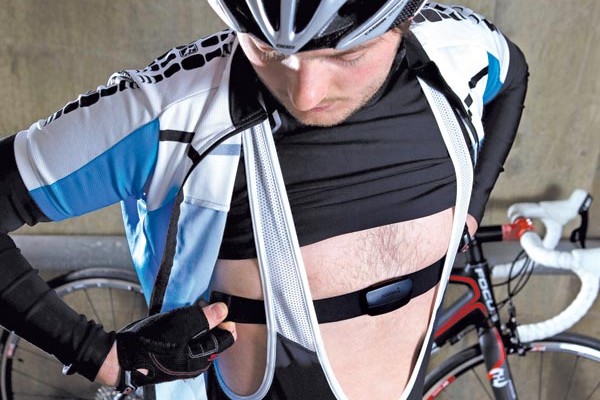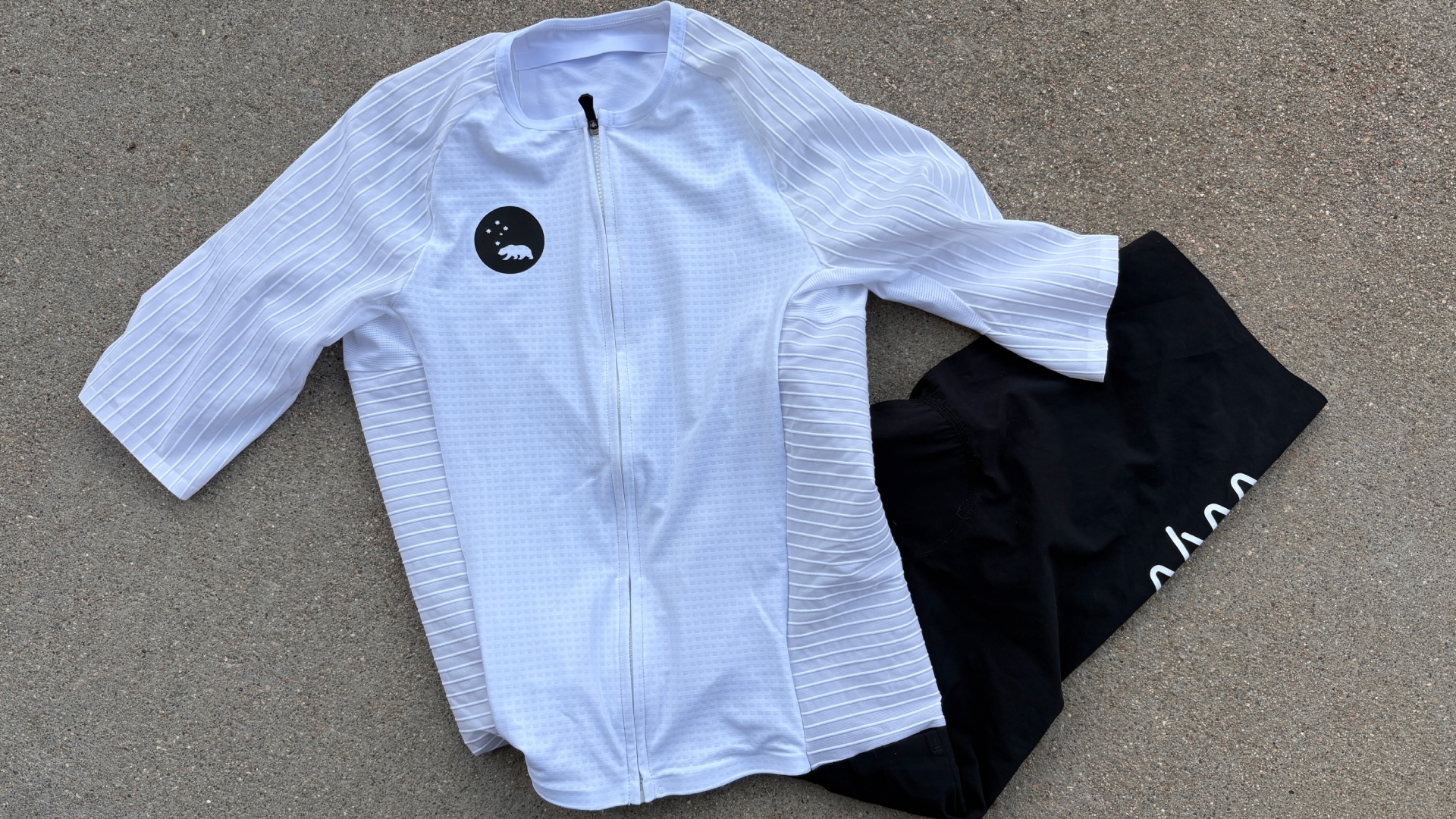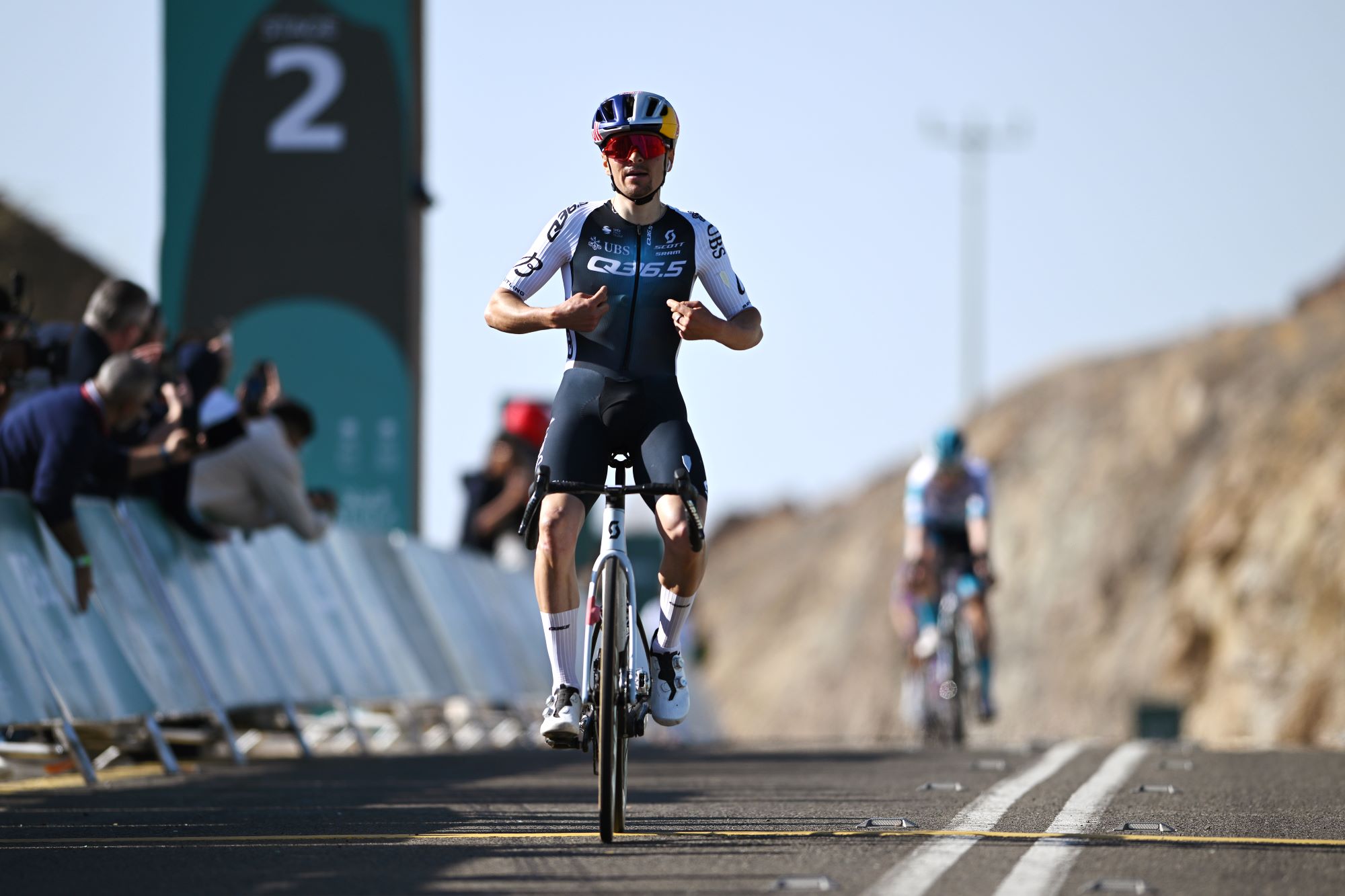Q&A: 59-year-old with heart-rate query

I am 59 years old and have tried to keep fit over the years by playing football, cycling and running. Nowadays I no longer play football and I usually train using short distances in order to save time.
I generally alternate 10-mile bike rides with two-mile runs depending on the weather and try to get out between three and four times a week.
I have used a heart monitor for many years and worked on the rule of thumb guide of 220bpm minus age for maximal HR so now I realise I should work to around 160bpm. Most of the time I find myself at 90 per cent average when I'm running but lower when cycling.
Earlier in the year I did the Great Manchester Cycle and did the 26-mile course, which I thoroughly enjoyed. My average heart rate was 122bpm with an average speed of 15mph.
It was only after the ride when I checked my maximum HR that I found it had been, at one point, 207bpm. Is this something I should be concerned about? Often when I run I will get to 170bpm before settling to a 147bpm. I have always worked on the idea of expecting some discomfort when training but I never get too distressed. Any advice?
Michael Jones
Michael, firstly reducing the volume of your rides is no bad thing as you certainly won't be losing much endurance given your sporting background and volume of riding.
Get The Leadout Newsletter
The latest race content, interviews, features, reviews and expert buying guides, direct to your inbox!
Older riders generally benefit from adding some higher intensity into their workouts as speed and strength are the areas where performance tends to drop away more readily.
You can use your heart rate to regulate this but the 220 minus age formula you're working on is not a good indicator of max heart rate in experienced riders. In your case it predicts a max of 161bpm but that is almost certainly lower than actual max.
So use your threshold heart rate to determine training intensities, find the average you can just about sustain for one hour's riding and base your longer or shorter sessions on percentages of that. If your spike of 207bpm in the event was the only time you've seen this happen then it's 99 per cent certain to be a mechanical blip in your monitor rather than your heart.
A genuine spike in heart rate going so high for a few seconds is common with certain types of arrhythmias but you'd certainly feel something, so as you didn't even notice it and didn't feel any discomfort then I can't imagine it's a genuine heart rate spike.
I do advise all riders over 40 to have a health screening every few years however, so you might consider that for general peace of mind.
Huw Williams is a British Cycling Level 3 coach

Thank you for reading 20 articles this month* Join now for unlimited access
Enjoy your first month for just £1 / $1 / €1
*Read 5 free articles per month without a subscription

Join now for unlimited access
Try first month for just £1 / $1 / €1
Founded in 1891, Cycling Weekly and its team of expert journalists brings cyclists in-depth reviews, extensive coverage of both professional and domestic racing, as well as fitness advice and 'brew a cuppa and put your feet up' features. Cycling Weekly serves its audience across a range of platforms, from good old-fashioned print to online journalism, and video.
-
 "Like a second skin” - the WYN Republic CdA triathlon suit reviewed
"Like a second skin” - the WYN Republic CdA triathlon suit reviewed$700 is a substantial investment in a Tri Suit, and it is, but you’ll definitely feel fast in it
By Kristin Jenny
-
 What does Q36.5 mean? We asked the people behind the Italian kit brand that sponsors Tom Pidcock's team
What does Q36.5 mean? We asked the people behind the Italian kit brand that sponsors Tom Pidcock's teamQ36.5's Luigi Bergamo and Lodovico Pignatti Morano take on Cycling Weekly's Q&A
By Tom Thewlis